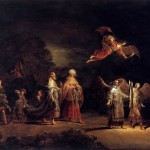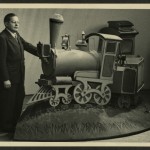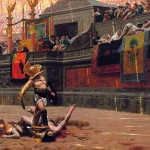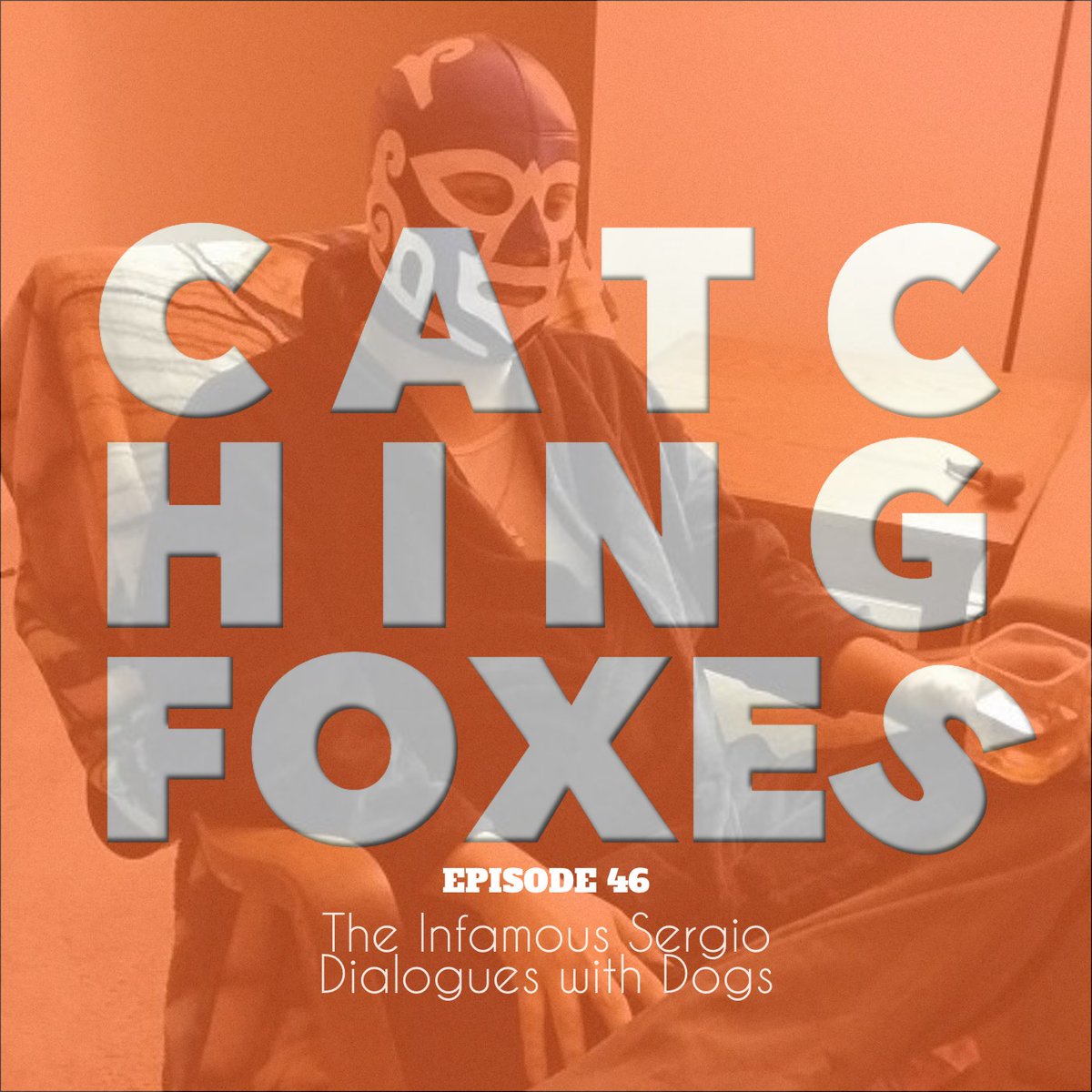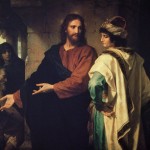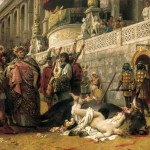‘Blessed are the cracked, for they shall let in the light.’
I recently read Lee Siegel’s book about Groucho. It was fairly good, but it did get me thinking about my own enjoyment and love of The Marx Bros, particularly Groucho.
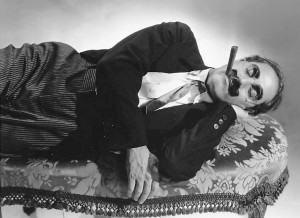
The first Marx bros film I saw was the A Night At the Opera, and then Duck Soup. What amazed me about those films wasn’t just that they were funny, but how disrespectful and mocking they were to everyone. Anyone and everyone was potentially a target. Although I admired Harpo Marx with his great big eyes, assortment of horns, and silent madness. I really felt an affinity for Groucho. This might come as a surprise to you, but there was something about that anarchic humor that appeals to me.
“Humor is reason gone mad.”
But Groucho is more than just an embodiment of chaotic humor. There is something within his humor that reminds us of our own humanity. His rejections of society. His station in life, and his unhidden desire for wealth and luxury. There is something incredibly human about all of it that we can all laugh at. Groucho pursues it in almost a lustful manner in his films. It becomes clear though, that despite his ability to put himself in spots where he seems capable of winning it all, he also cannot shut up. His biggest foe, is himself. We see time and time again, that he enjoys the company of the rich (often played by Margaret Dumont, who was quite possibly the best straight “man” in all of comedy history) , yet try as he might, he can’t help but insult them. A famous line once said off screen by Groucho comes to mind, “I don’t care to belong to any club that will have me as a member.” It seems Groucho took that to heart and played it out onscreen and offscreen with equal dedication.
The curious thing about Groucho is one has a hard time separating fact from fiction. It seems his character on-screen was quite similar to his character offscreen. He even grew out a moustache and smoked cigars regularly once his movie days were over.
There is something to this character, and I can’t quite say what it is. I have talked of the affinity I have with him, no doubt the image of the fool in my heading already indicates my soft-spot for fools. In literature, traditionally the fool had two jobs. One, to make people laugh, and also, to tell the truth. The fool has a strange dispensation to say the truth nobody else would dare say, and I think that still holds true today, or at least, that yearning does. We have many fools, some of them are funny, some of them might even tell the truth (or at least tell us what we want to hear) but rare is it to find somebody that does both. Groucho did this very well. Sometimes his jokes were funny and you laughed, other times they weren’t funny but you still laughed.
I did a bond tour during the Second World War. It was Hope and Crosby and Cagney – most of the big stars. Desi Arnaz. Yeah, he was on it. We were raising money, and we played Boston and Philadelphia and most of the big cities. And we got to Minneapolis. There wasn’t any big theater to play there, so we did our show in a railroad station. Then I told the audience, that I knew a girl in Minneapolis. She was also known in St.Pauls, she used to come over to visit me. She was know as the Tail Of Two Cities. I didn’t sell any more bonds, but eh…they didn’t allow me to appear anymore.
Groucho’s level of disrespect and refutation of all was unmatched there was no person above his cutting remarks and he was below them all, until he insulted them to a level where he towered above them. This strange mix of truth-telling and biting wit is probably one of the reasons he’s so memorable still to this day. We never know if the character’s he play are brilliant or just insane, but he did much more than make us laugh, he revealed a bit of our own humanity to us, in all it’s dimensions. Sometimes in less flattering lights than we would choose, but the best artists always do just that.

